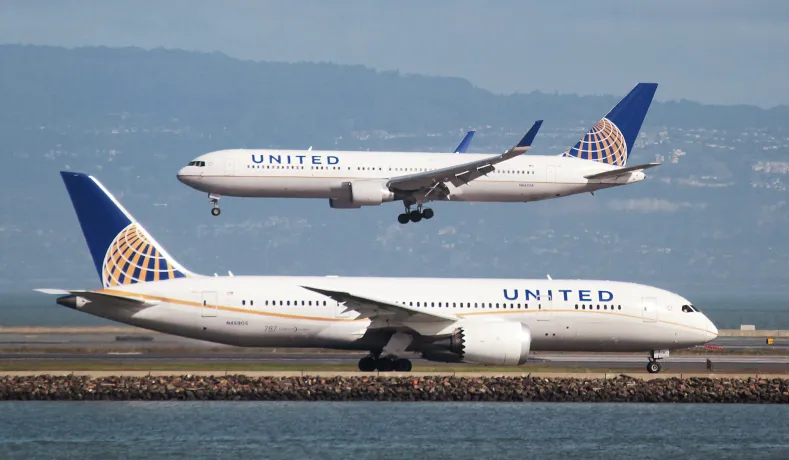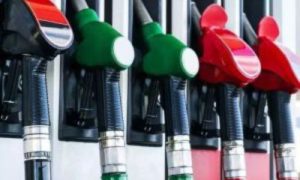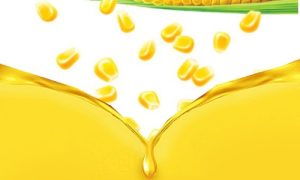Ethanol Farmers Find a New Subsidy Savior

Ethanol, long subsidized, faces criticism amid shifts in energy demand. Airlines eye ethanol for sustainable aviation fuel, despite cost concerns. Government promotes 3 billion-gallon SAF target by 2030. Infrastructure expansion planned. Market anticipates subsidies. Challenges include cost and sustainability benchmarks. Virgin Atlantic pioneers non-fossil-fuel flight. Critics warn of consumer cost. Debate echoes historical ethanol subsidy controversies.
The production of ethanol, a corn-based alcohol mixed with gasoline, offers a textbook example of an industry that simply would not exist were it not for very generous tax subsidies and pure political muscle.
Over 98 percent of U.S. gasoline now contains some ethanol. Credit that to the fact that 30 percent of the U.S. ethanol market is based in Iowa, which holds the first presidential caucus. For decades, every candidate who had won the Iowa caucuses had pledged to fight for ethanol subsidies. Ted Cruz broke the trend when he beat Donald Trump in the 2016 GOP caucuses despite a fierce media campaign against him funded by the state’s ethanol industry.
Corn growers have justified the massive subsidies they’ve gotten since the 1970s on false claims that they would reduce U.S. dependence on foreign oil and help the environment. But the nonsubsidized fracking of clean-burning natural gas has put energy dependence on hold, and electric- and hybrid-vehicle mandates have lowered demand for ethanol, which has been stagnant or declining for more than a decade. It’s increasingly obvious that ethanol is an expensive artifact from another era.
So, corn farmers have latched on to a new subsidy pipeline: aviation. Planes are difficult to electrify, airlines are eager to appease anti-fossil-fuel groups, and the aviation industry has proven masterful at extracting subsides from Congress (the first big Covid bailout went to the airlines). Plus, the Biden administration is hell-bent on producing 3 billion gallons of sustainable aviation fuel annually by 2030 and 35 billion gallons by 2050.
Airlines are on board. United and Delta have both signed advance purchase agreements with sustainable aviation fuel (SAF) producers. Since jet fuel has a higher energy density than ethanol, 1 gallon of SAF requires 1.7 gallons of ethanol, which would make aviation fuel a potential bonanza for Midwestern farmers. The challenge is that creating SAF costs three to five times more than conventional jet fuel. In addition, ethanol turned jet fuel doesn’t meet the federal benchmark for sustainability, which requires the reduction of carbon emissions by at least 50 percent.
The Biden administration has finally found an energy pipeline it doesn’t want to shut down or delay, so it is pushing for the construction of 3,300 miles of pipelines crisscrossing Iowa, which would draw carbon dioxide from the factories that turn the state’s corn into ethanol and store it underground. But underground carbon sequestration is so energy intensive that it may encourage the continued use of fossil fuels over fuels containing ethanol and other renewables.
Ethanol supporters have a solution. They are pushing for additional federal tax incentives for airlines that use ethanol-based aviation fuel. Illinois and other states already have state tax incentives, and last month the Biden administration issued guidelines that would make corn- and soy-based ethanol eligible for generous federal tax credits if it’s used to produce sustainable aviation fuel. Expect SAF’s market share to soar above its current 1 percent.
The market is already gearing up to absorb the subsidies. In January, the first commercial facility for converting ethanol into SAF opened in Georgia. Virgin Atlantic has just flown the first completely non-fossil-fuel-powered transatlantic flight, using SAF, and the push for getting additional federal subsidies through Congress has begun.
One thing is for certain. Sustainable aviation fuel — made from waste oils, animal fats, and ethanol — will cost consumers. Virgin Atlantic admits that the current U.K. mandate of a 10 percent SAF blend on flights from Britain will raise the cost of a round-trip ticket to London by more than $50. By 2040, when a 22 percent SAF-blend mandate is expected to kick in, fares will be a third higher.
The first federal ethanol entitlement proved to be a costly failure that warped not only our energy markets but our entire national political climate. Will anyone question the creation of a new one?
Source Link : https://www.nationalreview.com/2024/05/ethanol-farmers-find-a-new-subsidy-savior/
















